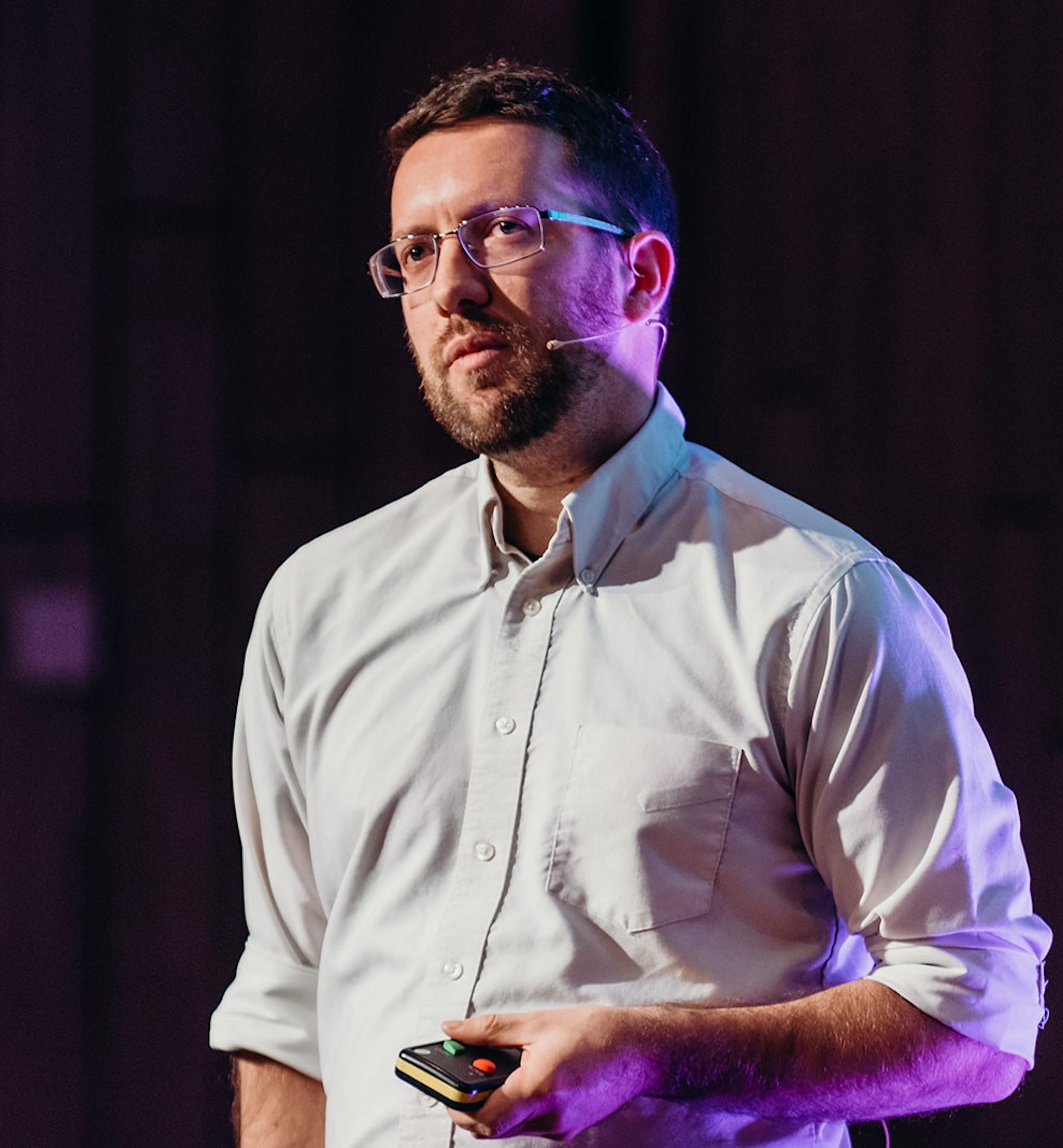I am an Associate Professor of Applied Philosophy at the University of Twente in the Netherlands. My work investigates the role that technologies play in everyday life. My research is primarily in the areas of political philosophy, philosophy of technology, and existential phenomenology. I am the author of Nihilism (MIT Press 2019), Nihilism and Technology (Rowman Littlefield International 2018), and The Philosophy of War and Exile (Palgrave 2015). My work has been translated into multiple languages and appeared in numerous academic journals as well as in international publications such as The Washington Post, The Atlantic, and Aeon.
Due to the explosion of AI applications—ranging from chatbots acting as customer service agents to machine learning algorithms that can create “deepfake” images and videos—there has been a subsequent explosion of AI ethics papers, regulations, and graduate degree programs. This burgeoning field of “AI ethics” takes for granted as a starting point that “AI is here so we ought to make it as ethical as possible” and then proceeds to focus primarily, if not solely, on the question: “How can we make AI as ethical as possible?” This question obviously opens up new and exciting avenues for research (and thus, more importantly, new opportunities for grant funding). But by starting by accepting the existence and adoption of AI, the field of “AI ethics” removes from ethics the possibility of being genuinely critical and so makes ethics itself unethical (not in the sense of being bad, but in the sense of not being ethics). Rather than merely trying to determine what principles the designers of AI should use to “maximize benefits” and to “reduce risks,” ethicists ought to take more seriously the critical question of whether AI is itself a benefit or a risk. This question immediately leads to more critical questions that we need to pursue more deeply, questions such as: “Benefit or risk for who?”; “Who gets to decide what counts as a ‘benefit’ or ‘risk’?”; “What do we even mean by ‘AI’?” But perhaps the most important question that needs to be asked is: “Why are we taking the adoption of AI for granted before having answers to these questions?”
Research Dag 2025
 Registration website for Research Dag 2025
Registration website for Research Dag 2025Damaris Kentgenssecr-mhens@maastrichtuniversity.nl
Damaris Kentgenssecr-mhens@maastrichtuniversity.nlhttps://www.aanmelder.nl/rd2025
2025-03-19
2025-03-19
OfflineEventAttendanceMode
EventScheduled
Research Dag 2025Research Dag 20250.00EUROnlineOnly2019-01-01T00:00:00Z
Van der Valk HotelVan der Valk HotelNijverheidsweg 35 6227 AL Maastricht Netherlands

